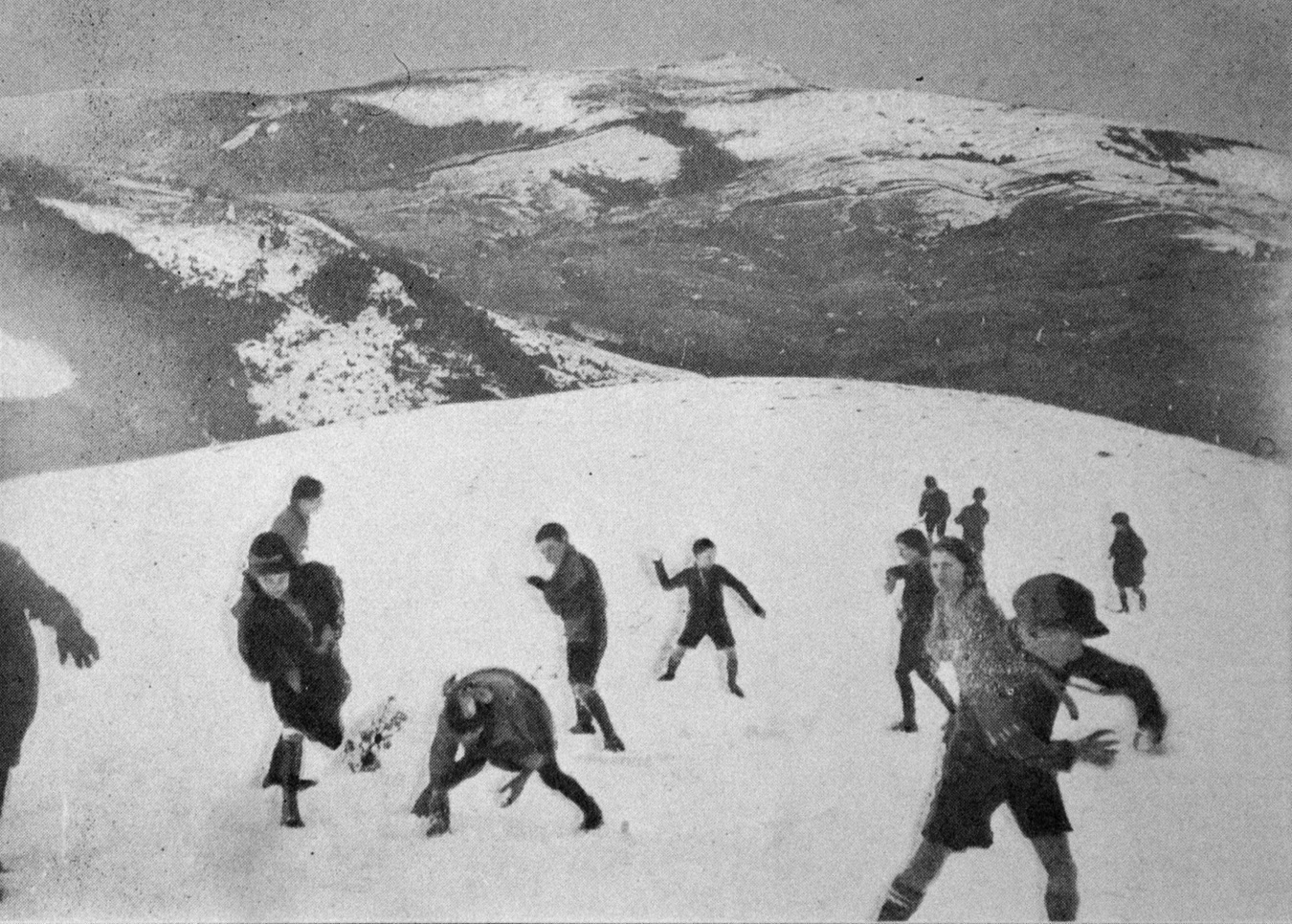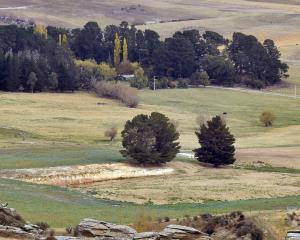

Useful timber species
Macrocarpas are being increasingly planted and Mr Tannock has lately had 20,000 put in about the top of Flagstaff. They have been selected for that part because of their hardiness and their ability to stand a lot of wind. Macrocarpa makes excellent timber, and is the most useful wood there is for work about a farm. Mr Tannock himself believes that it will ultimately succeed bluegum for power poles and telegraph poles. Mr Wilson, of the Arnold Arboretum, who has studied forestry in all parts of the world, is of the same opinion that while the eucalyptus is the most useful tree for poles in this country now, the best pole timber will eventually be found to be the macrocarpa.
Give proposal the time of day
It is impossible that the merits of the "summer-time" innovation can be fairly assessed from the aspect of the farming community only, although that is how Mr Massey seems disposed to view them. The statement that if a farmer were growing cereals daylight saving would be of no use to him is thoroughly unconvincing, and is indeed evasive of the whole point.
To the grower of cereals, we take it, the introduction of "summer-time" would be of little consequence one way or the other; it would not prevent him from regulating his industry even as he does at present. Why should he be disturbed because other members of the community make an earlier start with their day according to the sun? Mr Massey suggests that there would be a need for certain exemptions in the event of the introduction of a daylight saving law. If "summer-time" is to be a success, however, the operation of it must be general.
The creation of exemptions would only spell confusion and failure. There is no reason to suppose that this community is not quite capable of adjusting its conditions to the change to which it is proposed to subject the clock. The arguments in favour of the reform are too weighty to be lightly ignored.
The benefits accruing from the change would be of a substantial order. They are not necessarily to be associated with forms of sport, for people as a whole would be enabled to make the best use of the hours of sunlight, a great enemy of disease, for their health’s sake. The proposal is not one to be rejected merely because it is urged — upon no basis of experience as far as this country is concerned — that it would be detrimental to the interests of a minority of the people.— editorial — ODT, 21.7.1924
Compiled by Peter Dowden












